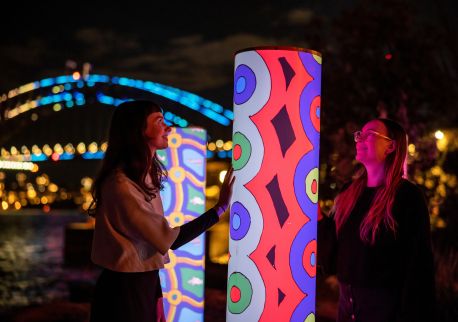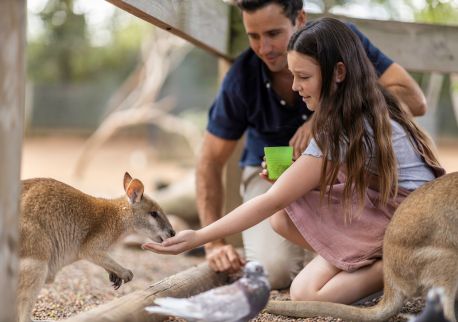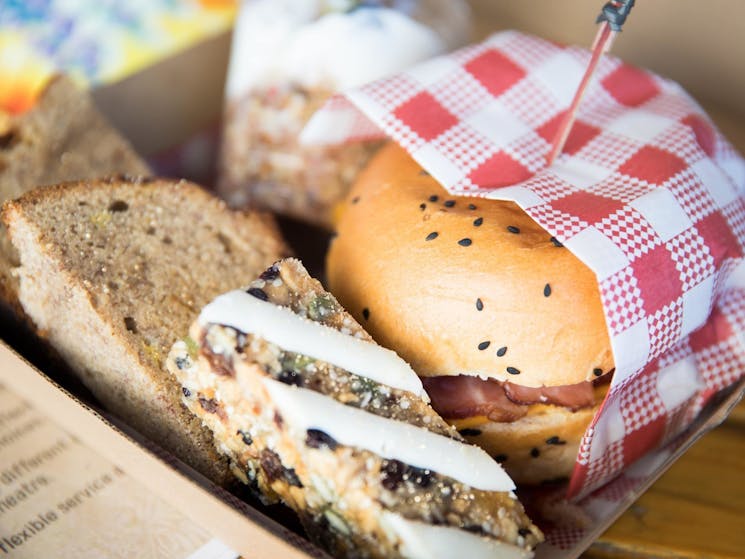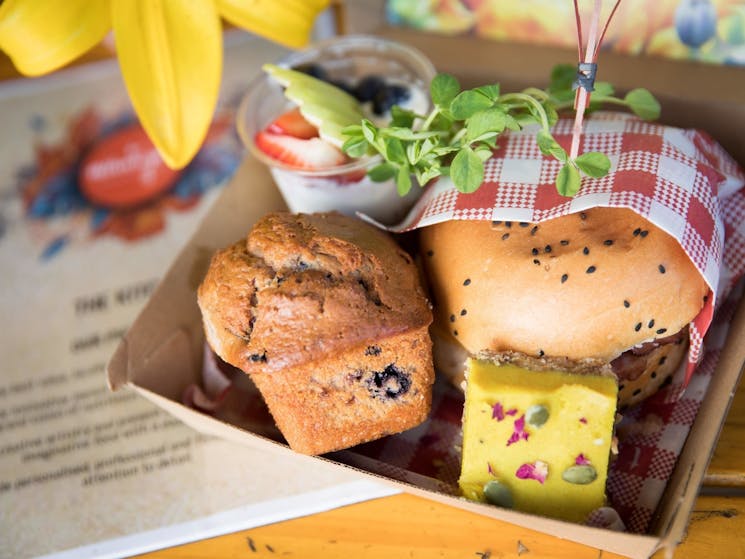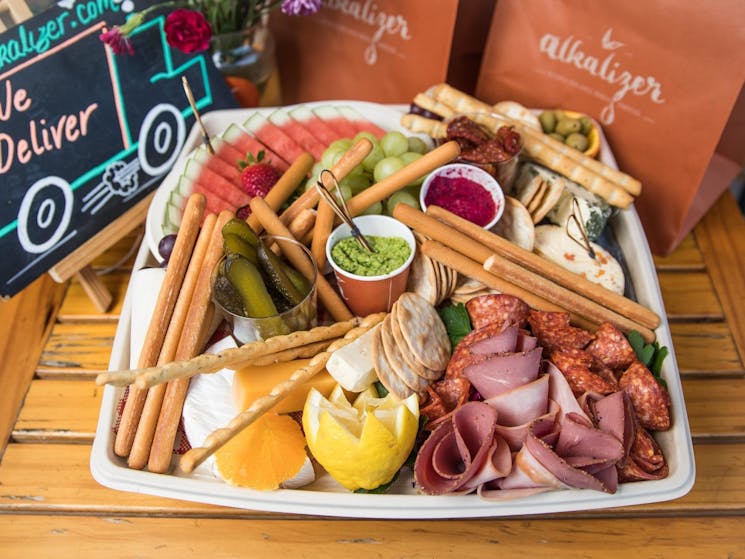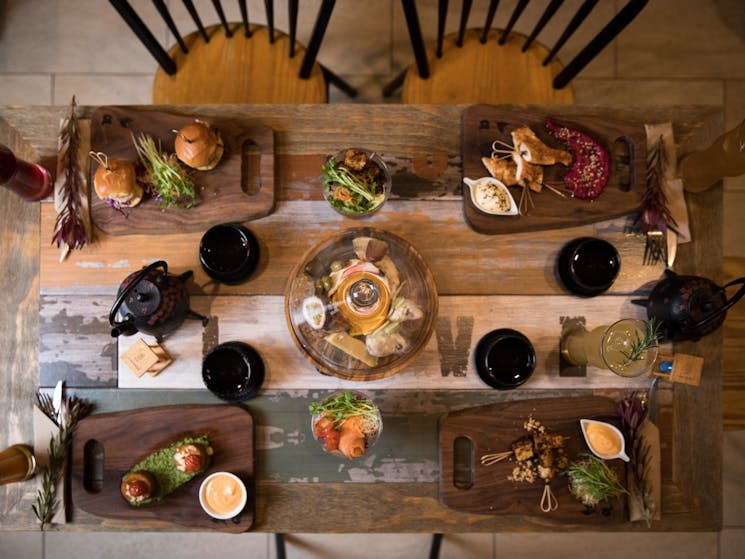Alkalizer
Overview
Alkalizer is a unique establishment located in the South Western Sydney area. Their goal is to help you make healthier choices without sacrificing flavour. At Alkalizer, you can enjoy a variety of beverages and delicious alkaline-inspired food. You can even have the Alkalizer experience at home with their catering options.
Alkalizer believes in promoting positivity and balance by harmonising the body, mind, and soul through its ambience, food, and catering services. They use alkaline water, alkalized coffee, and handcrafted gourmet teas, and offer nutritionally planned alkalizing menus. The team at Alkalizer is dedicated to providing a transformative experience.
In addition, Alkalizer offers community-based programs such as coffee connoisseur training, tea expert demonstrations, educational talks, specialty high teas, and Alkalizer at Dusk dinner menus. They also offer gourmet catering menus for at-home experiences.
Alkalizer's mantra is "Balance - Nourish - Renew - Energize."








